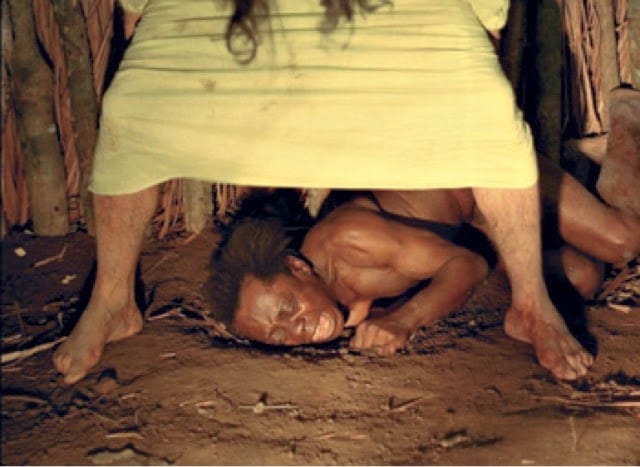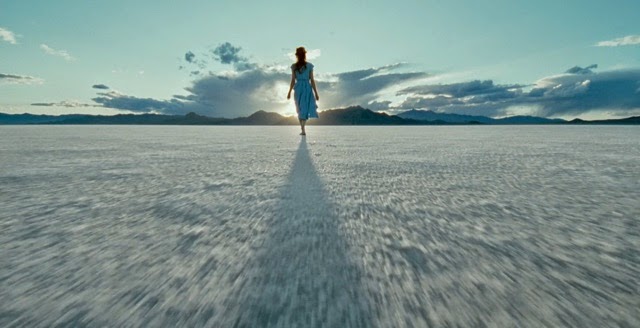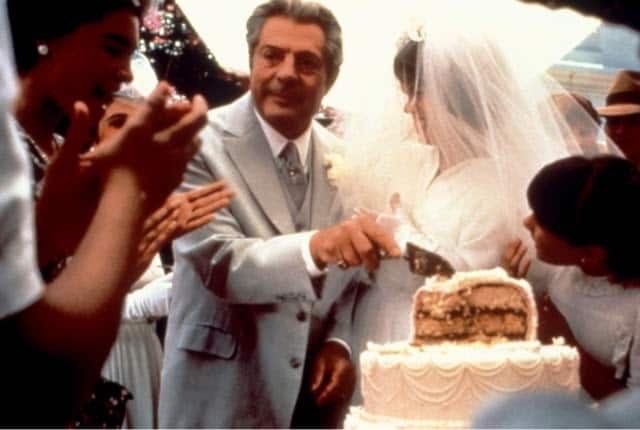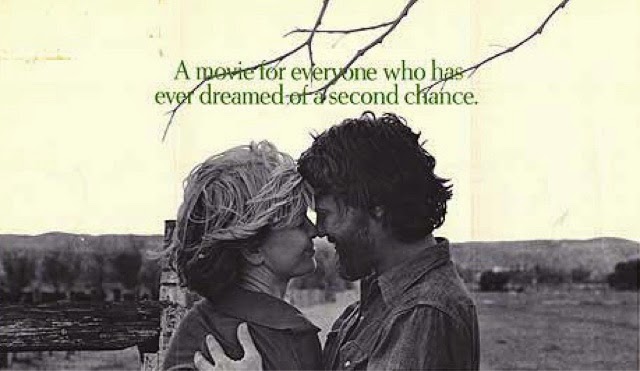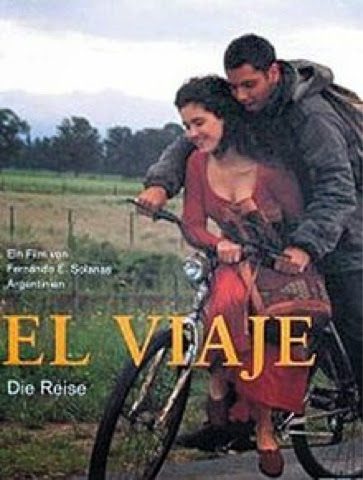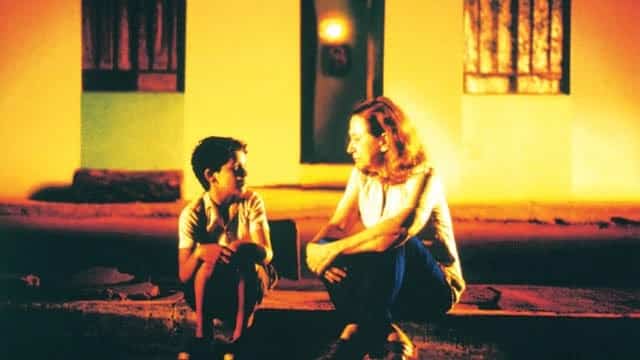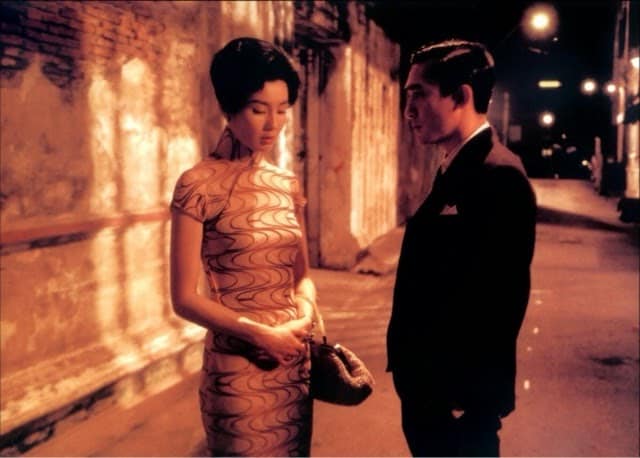ESSAYS
March 22, 2010
One of the most interesting aspects of South-American cinema is its post-colonial perspective. Having lived myself and being raised in a Third-world country, I can identify and relate to the plight of South-American characters, living up to their (displaced) roots while fighting their imposed colonial heritage. I’ve seen firsthand the social stratification that the colonial rule instilled into the indigenous […]
July 24, 2011
The world is whole beyond human knowing. -Wendell Berry The Tree of Life, by renowned director Terrence Malick, is years in the making. Its history starts even before Malick’s previous film, The New World, was distributed in 2005. After generating a substantial amount of ink in the media, and hot on the heels of the film’s highly publicized win of […]
October 1, 2010
There are some movies that change your perception of what is possible, what is allowed. Alexander Payne's Election was that for me.
March 26, 2010
In I Don’t Want To Talk About It which precedes her sudden death in 1995, Maria Luisa Bemberg explores the same themes as in her most famous movie, Camila.
October 1, 2010
What is independent cinema? Critics and film scholars have wrestled with a definition of independent for most of cinema’s existence.
March 22, 2010
Although separated by more than a decade, Funny Dirty Little War and Macunaïma both try to provoke social change by using satire.
March 22, 2010
It was a pleasant surprise to see Alice doesn’t live here anymore. Is it a feminist film? Can a male filmmaker look at a woman through a female perspective?
March 22, 2010
Argentina has one of the most impressive cinematography in the world. Within that cinema, Fernando E. Solanas is a director of seminal importance. In his essay, Towards a Third cinema, Solanas and his co-writer, Octavio Getino, galvanize the overall revolutionary ideas of the time into the concept of a decolonization cinema, denouncing the weak, liberal arts that have, up until […]
September 30, 2010
Central Station is one of the most popular and internationally acclaimed Brazilian films of the 1990s. It heralded a renaissance in Brazilian cinema.
June 3, 2011
“Most critics really don’t get it.”, as they say. I feel compelled to respond to the casual filmgoers who don't understand the critic’s perspective.
September 28, 2010
David Ehrenstein condemns melodramas like Coming Home for perpetuating the illusion that they can affect social change instead of creating real change.
September 28, 2010
Wong Kar-Wai is considered influential. In the Mood for Love (2000) was a big commercial success for him. How does it compare to Wong Kar-Wai’s other work?
